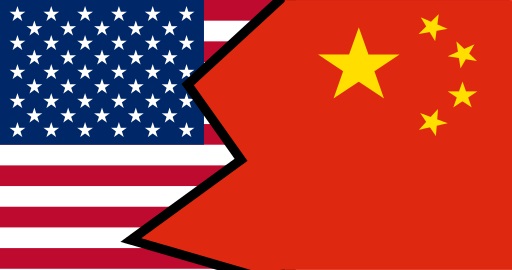US Grand Strategy on China

Date
20 September 2019
Location
Egmont Institute, 1000 Brussels
Why did the US pursue, from the perspective of Structural Realism, an underactive grand strategy towards China in 1991-2011, but a more optimal strategy in 2011-2018? In a very permissive strategic environment, when the threat from a rising power is distant and small, the space for decision-makers’ misperceptions and resource constraints to interfere with strategy expands, and decision-makers worry less about potential security losses from trade. However, in a less permissive strategic environment, the space for such interference contracts, and decision-makers worry more about security losses from trade.
Speaker: Michiel Foulon, Senior Researcher, Center for Security Studies (CSS), ETH Zürich
(Photo credit: Wikimedia Commons, IecsOwnwork)